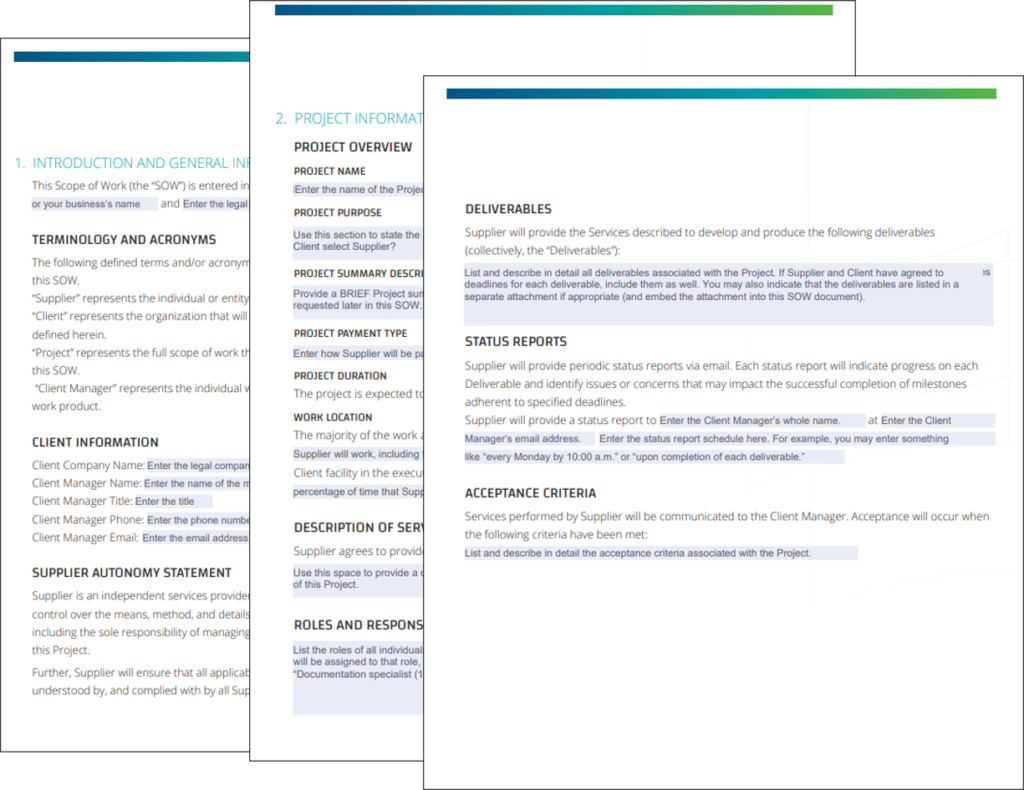
If you've ever wondered what is iOS development, you're not alone. If you are curious about Objective-C Swift, Swift, Core Data, and Xcode, you are not the only one. iOS developers love their craft as much as any other programmer. They are out more often than their competitors and are as passionate about technology as any other developer. But they don't lose sight at design and user experience.
Xcode
Xcode, Apple's integrated developer environment (IDE), allows developers to code in Swift and build their applications. Xcode is primarily intended for iOS development but can be used in other languages. It is extremely versatile. Users can use it to write code and design user interfaces, and even submit them to Apple's AppStore marketplaces.
To download Xcode to iOS development, your Mac must have at least 2GB RAM. 30GB of hard disk space and 128MB memory. Also, you will need an Apple ID. Next, navigate to App Store application icon from the Dock. You can click Xcode on the top-right corner.
Objective-C
Objective-C can be used to program iOS apps. It is a descendant of the C language and can benefit from the extensive C++ libraries. Unlike Swift, which is not directly interoperable with C, Objective-C can use C libraries, such as the Swift library. It comes with XCode, an IDE that is widely used to develop iOS and OS X applications. You can create performant, fast apps with the IDE.

Objective-C is an object-oriented programming languages. It has two main files, the interface and the implementation. The interface file includes a class definition, while the implementation file contains actual code. This file will include code for creating and storing objects and accessing methods. For example, the class Color might have the instance method -changeColorToRed:green:blue. Unlike Swift, however, Objective-C uses pointers to protect against security vulnerabilities. Pointers can be handy, but they can also create problems for developers.
Swift
iOS Development with Swift provides a practical guide for creating apps using the Swift programming language. It covers the basics of the language as well as the steps involved in creating an application. Anyone who is interested in developing iOS apps will find this invaluable as a developer resource. The author's detailed examples make learning the Swift language a breeze.
Swift is a cross-platform programming language. It works on both Apple iOS and Linux. The LLVM compiler technology makes it possible to run at maximum speeds. This means that you can build your apps faster and with less code.
Core Data
Core Data is a framework that can help you learn how to use it in your iOS project. This framework consists of many parts that work together to provide a customized data storage solution. This course will teach you how to use advanced fetch queries and all types of fetching.
Core Data is implemented in a managed-object model (MOM). This means that entities have attributes that are mapped into fields in your code. Each entity may have several attributes like name, position and salary.

Project management
iOS development is a complex field that requires project management. For project management, many small teams will rely on pen-and-paper. This is an easy and flexible solution but it does have its limitations. End result: you will have many documents about different versions and versions of your iOS applications. This is not the best method for team management.
Wrike, a cloud-based platform that facilitates project management, is a good choice. Wrike facilitates collaboration on your projects, reduces work flow, and produces real-time data. Wrike can be integrated with other platforms. This makes it simple for teams and individuals to collaborate in realtime.
FAQ
Is it possible for a consulting business to be run from home?
Absolutely! Indeed, many consultants already do this.
Most freelancers work remotely using tools like Skype, Slack, Trello, Basecamp, and Dropbox. They often create their own office space so they don't miss out on company perks.
Some freelancers prefer working in cafes and libraries over traditional offices.
Others choose to work at home because they love being with their children.
There are pros and cons to working remotely. It is worth it if you love your work.
Who hires consultants
Many organizations have consultants who help them with projects. These can include small businesses and large corporations, government agencies as well non-profits and educational institutions.
These consultants may work directly for the organization, or freelance. In both cases, the process for hiring depends on how complex and large the project is.
You will likely go through multiple rounds of interviews when hiring consultants before you choose the candidate you feel is the best fit for the job.
What is the cost of hiring a consultant?
There are many factors that influence the price of consulting services. These include:
-
Project size
-
Time frame
-
Scope of work
-
Fees
-
Deliverables
-
Other considerations include experience level, geographic location, and so forth.
What can I anticipate from my consultant
Once you select your consultant, you should expect to hear back from them within a few days. They will usually ask for information about your company, including its mission, goals, products, services, budget, etc. After receiving this information, they will prepare a proposal outlining their scope of work, estimated timeline, fees, deliverables and milestones.
If everything looks good, then the two parties will negotiate a written contract. The type relationship between the two sides (e.g. employee-employer or independent contractor-employer) will dictate the terms of the contract.
If everything goes as planned, the consultant may begin to work immediately. He/she will have immediate access to your internal documents, resources, and you'll be able to access his/her skillset and knowledge.
Don't think that consultants are experts. It takes time and practice to become an expert on any subject you consult. Your consultant should not assume that they know everything about you business.
Are consulting incomes subject to tax?
Yes, tax will be payable on any consultancy profits. This amount will depend on how much you earn each year.
If you are self-employed, expenses can be claimed on top of your salary. These expenses include rent, childcare and food.
However, you cannot deduct interest payments from loans, vehicle repairs, or the cost for equipment.
If your annual income is less than PS10,000, you can only claim 25% back.
However, you might still have to pay tax if your earnings are higher than the threshold. This depends on whether you are an employee or contractor.
The PAYE tax for employees and the VAT tax for contractors is generally paid as you earn.
How long does it take to become a consultant?
Your industry and background will determine the length of time it takes. Most people start out with a few months before they find work.
However, some consultants spend several years honing their skills before finding work.
Statistics
- "From there, I told them my rates were going up 25%, this is the new hourly rate, and every single one of them said 'done, fine.' (nerdwallet.com)
- So, if you help your clients increase their sales by 33%, then use a word like “revolution” instead of “increase.” (consultingsuccess.com)
- WHY choose me: Why your ideal client should choose you (ex: 10 years of experience and 6-week program has helped over 20 clients boost their sales by an average of 33% in 6 months). (consultingsuccess.com)
- On average, your program increases the sales team's performance by 33%. (consultingsuccess.com)
- Over 62% of consultants were dissatisfied with their former jobs before starting their consulting business. (consultingsuccess.com)
External Links
How To
How do you find the best consultant?
First, ask yourself what kind of consultant you are looking for. Before you start looking for someone to work with, it's important that you know your expectations. It is important to make a list with all the requirements you have for a consultant. This might include skills such as project management, professional expertise, communication, availability, and technical skills. Once you've listed out these requirements, then you may want to consider asking some friends or colleagues who they would recommend. Ask your friends or colleagues about any negative experiences they have had with consultants, and compare their recommendations with yours. Research online if you don’t already have recommendations. Many websites allow people to post reviews about their work experience, including Angie's List and Indeed. Use the feedback and ratings of others as a starting point to search for potential candidates. Finally, once you've got a shortlist of potential candidates, make sure to contact them directly and arrange an interview. During the interview, you should talk through your requirements and ask them to explain how they can help you achieve those goals. It doesn’t matter who recommended them to you, just make sure they understand what you are trying to achieve and how they can help.